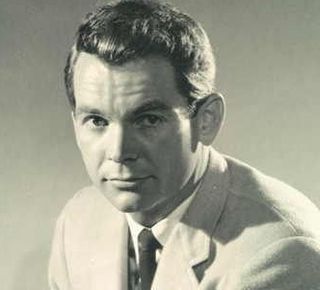A Quote by Chinua Achebe
Actually, I identify with all my characters, good and bad. I have to do that in order to make them genuine. I have to understand them even if I don't approve of them. Not completely - it's impossible; complete identification is, in fact, not desirable.
Related Quotes
If you have the personalities down, you understand them and identify with them; you can stick them in any situation and have a pretty good idea of how they're going to respond. Then it's just a matter of sanding and polishing up the jokes. But if you've got more ambiguous characters or stock stereotypes, the plastic comes through and they don't work as well. These two characters clicked for me almost immediately and I feel very comfortable working with them.
Even when men approve of the same arrangements, it must be asked whether they approve of them because they exist or because they are desirable in themselves. The common resistance to the collectivist tide should not be allowed to obscure the fact that the belief in integral freedom is based on an essentially forward-looking attitude and not on any nostalgic longing for the past or a romantic admiration for what has been.
In order to get inside their skin, I have to identify with them. That includes even the ones who are complete bastards, nasty, twisted, deeply flawed human beings with serious psychological problems. Even them. When I get inside their skin and look out through their eyes, I have to feel a certain - if not sympathy, certainly empathy for them. I have to try to perceive the world as they do, and that creates a certain amount of affection.
To what extent does anybody control his destiny? Life is very much like falling of the edge of a cliff. You have complete freedom to make all the choices you want to take on your way down. My characters choose to yearn and not lose hope even when the odds are completely against them. It doesn't make the landing at the end of that fall any less painful but, somehow, it helps them keep a little dignity their bone broken body.
I make a lot of pots in a year's time and some of them are good and some of them are mediocre and some of them are bad. If they're really bad and I'd be ashamed of them, I throw them out, but if they're mediocre and they'll serve the purpose for which they're designed, that is, a mixing bowl or a soup bowl or a plate or whatever, I sell them. And this income from the sale of these pots permits me to go on and make other pots. It's even more important now that I've quit teaching, because I do not have a teacher's salary to fall back on.
I find that the only way to make my characters really interesting to children is to exaggerate all their good or bad qualities, and so if a person is nasty or bad or cruel, you make them very nasty, very bad, very cruel. If they are ugly, you make them extremely ugly. That, I think, is fun and makes an impact.






































